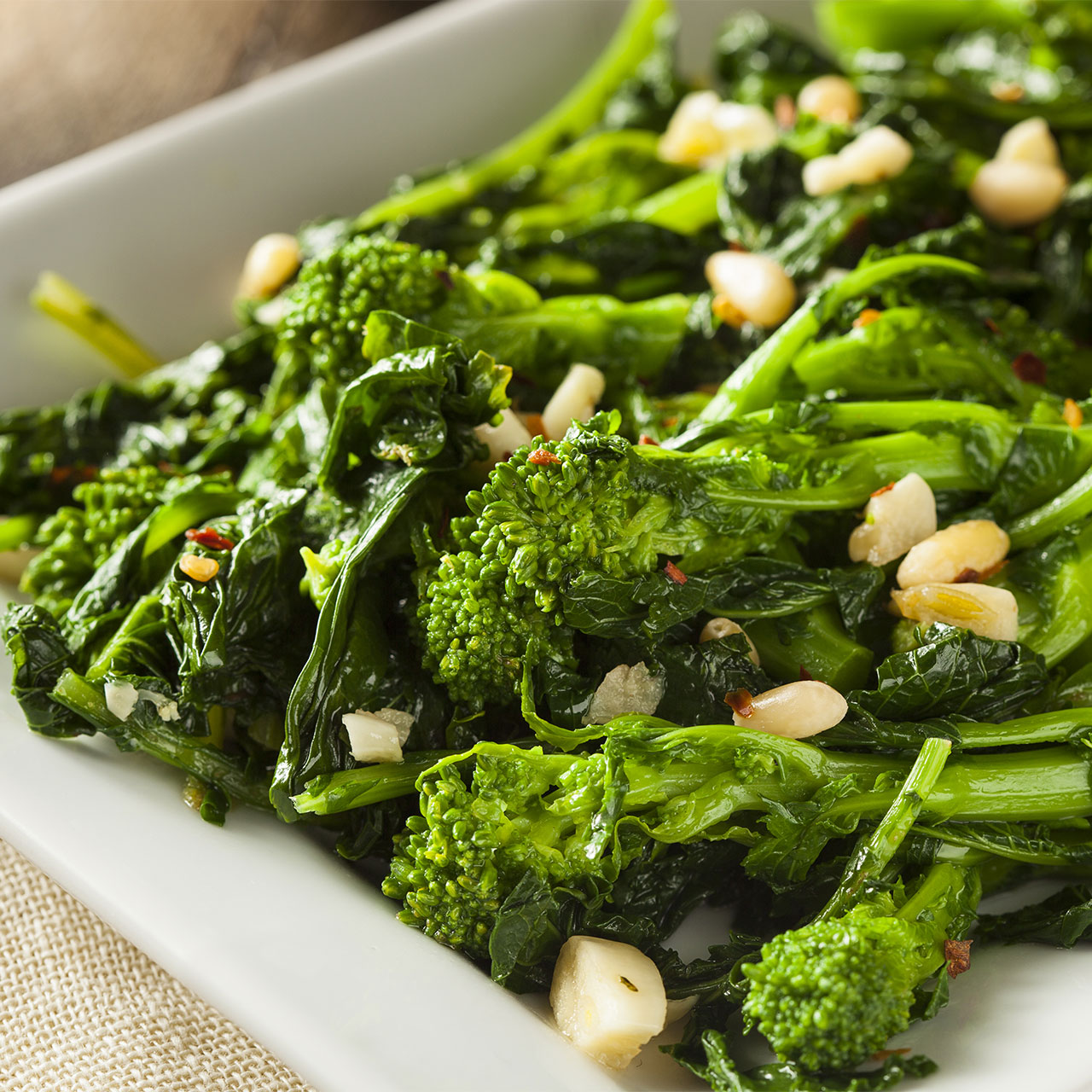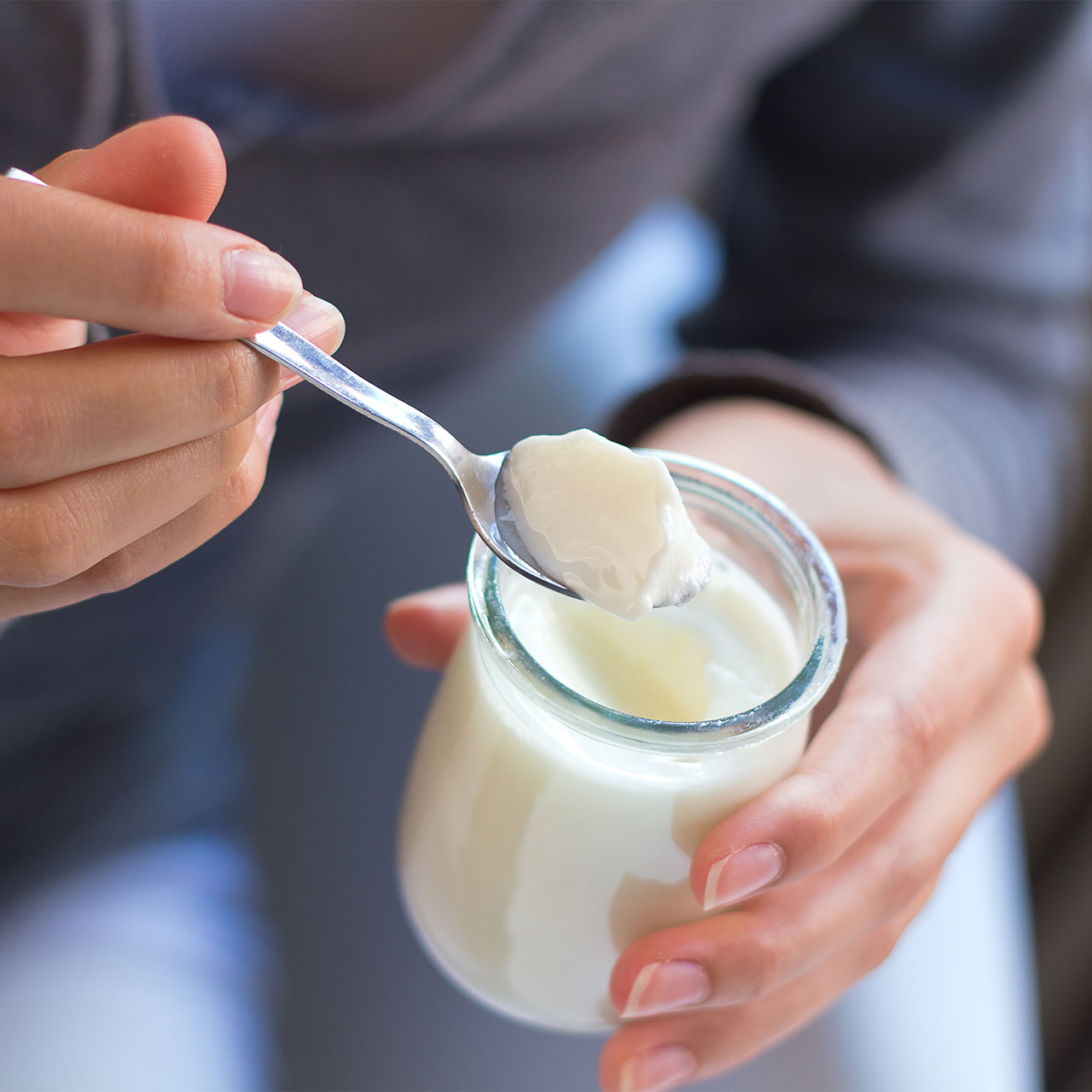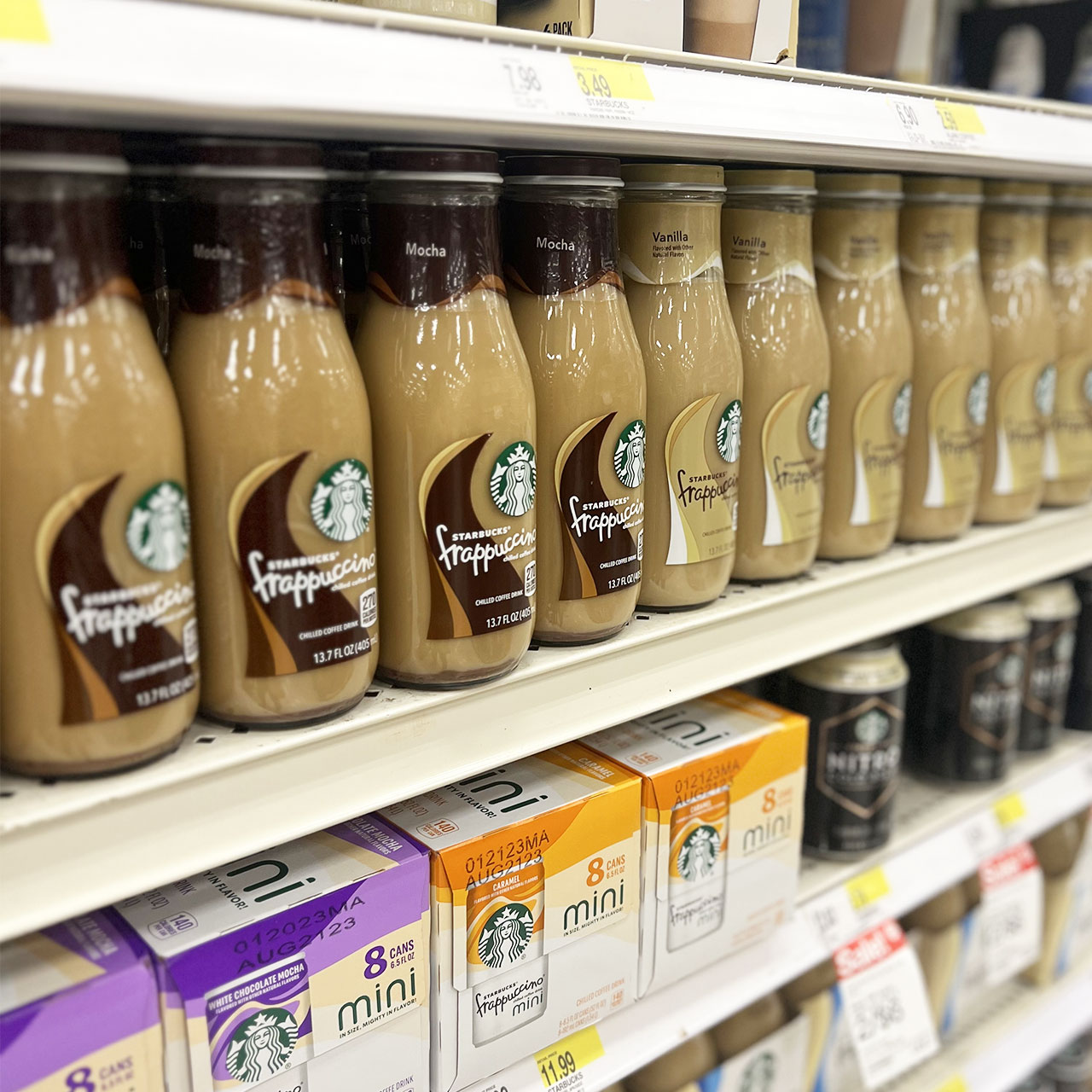Chronic bloating is a common discomfort that many individuals experience, characterized by a feeling of fullness, tightness, or swelling in the abdominal area that persists over an extended period. As we embark on a new year, adopting simple and mindful habits can be instrumental in alleviating chronic bloating. By making small adjustments, individuals can work towards beating chronic bloating and fostering a sense of overall well-being in the new year.
We spoke with Dr. Harsh Sheth to learn about four simple habits you should implement into your routine this year to aid in chronic bloating. Sheth revealed that habits such as adequate hydration, regular physical activity, balanced diet, and mindful eating are the ones to start practicing. Read on to learn more.


Adequate Hydration
Adequate hydration plays a crucial role in managing chronic bloating. By ensuring proper hydration, the body is better equipped to regulate fluid balance and reduce the likelihood of water retention, subsequently minimizing bloating.
Sheth highlights the many different ways that staying hydrated can aid in reducing chronic bloating: "Consistent hydration is critical in managing chronic bloating. Water aids in digestion and helps to alleviate constipation. Drinking ample water daily can prevent dehydration, a known contributor to constipation and, consequently, bloating. Hydration aids in softening stool, facilitating smoother bowel movements. Adequate water intake can also help to flush out excess sodium from the body, reducing bloating caused by water retention," says Sheth.
Making hydration a consistent habit is a simple yet effective way to promote overall digestive health and alleviate symptoms of chronic bloating.

Regular Physical Activity
Regular physical activity can be a valuable ally in the battle against chronic bloating. Exercise promotes healthy digestion by stimulating the muscles in the gastrointestinal tract, facilitating the efficient movement of food and reducing the likelihood of bloating.
"Engaging in regular physical exercise could significantly reduce instances of chronic bloating. Exercise aids digestion and prevents constipation, thereby decreasing the likelihood of bloating. Regular exercise assists in maintaining a healthy weight, which can reduce one's risk of bloating. Physical activity helps to speed up digestion, preventing the buildup of gas in the digestive tract. Exercise also promotes the release of endorphins, which can help to reduce stress and anxiety that may contribute to bloating," says Sheth.

Balanced Diet
Maintaining a balanced diet is key to addressing chronic bloating and promoting digestive wellness. A diet rich in fiber, fruits, vegetables, and whole grains can aid in regular bowel movements, preventing constipation and reducing the likelihood of bloating.
Sheth elaborates and says, "A balanced diet rich in fiber and low in food items known to cause gas can help combat chronic bloating. Foods high in fiber aid in digestion and prevent constipation. A reduction of gas-producing foods, such as beans or carbonated drinks, can mitigate bloating symptoms. Consuming probiotic-rich foods, such as yogurt or kefir, can support a healthy gut microbiome and decrease bloating."
By prioritizing a well-rounded and nutrient-dense diet, individuals can support their digestive system, fostering a harmonious balance that alleviates chronic bloating and promotes overall gastrointestinal health.

Mindful Eating
Practicing mindful eating can be a powerful strategy in addressing chronic bloating. By being fully present and attentive during meals, individuals can cultivate a heightened awareness of their eating habits and better tune into their body's hunger and fullness cues.
"Slowing down while eating and being more mindful of food choices can also play a crucial role in reducing chronic bloating. Rapidly consuming meals can cause excess air to be swallowed, leading to bloating. Being more conscious of food choices and avoiding trigger foods can also help individuals. Practicing mindful eating, such as chewing thoroughly and paying attention to hunger cues, can aid in digestion and reduce bloating," says Sheth.


























